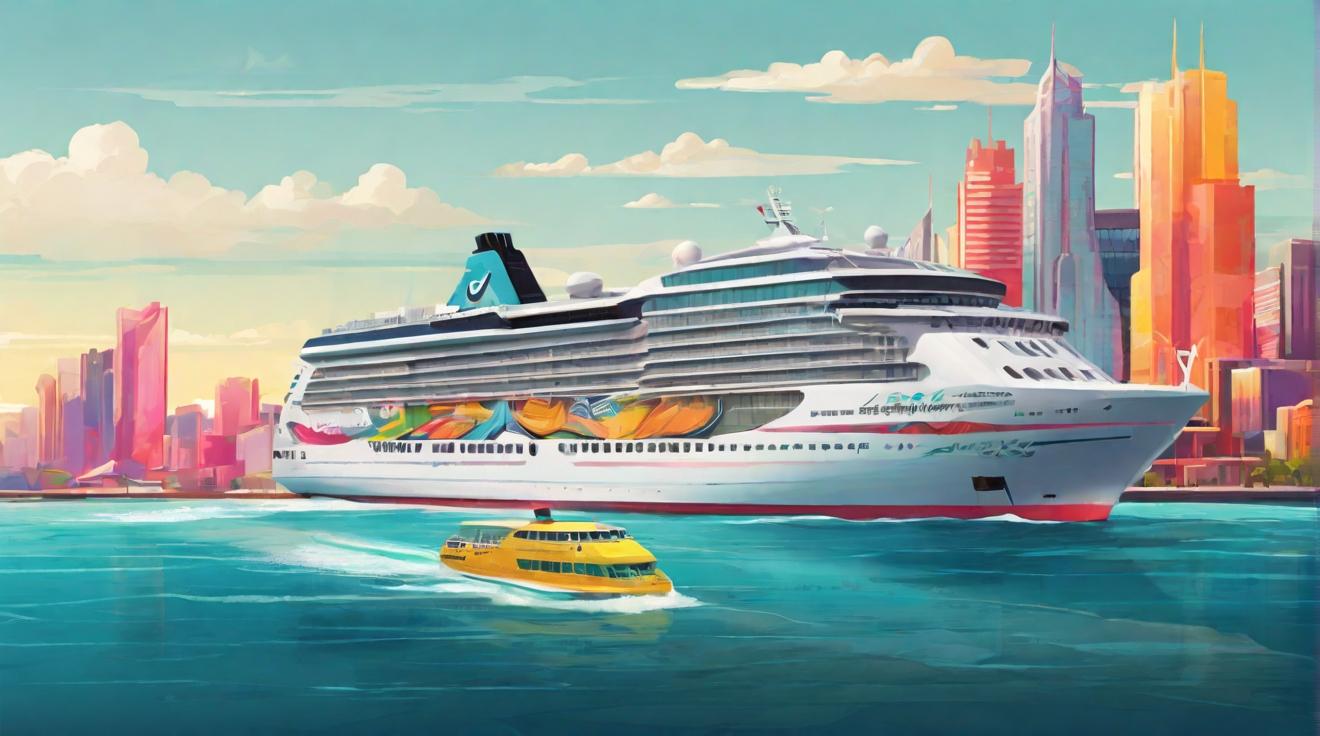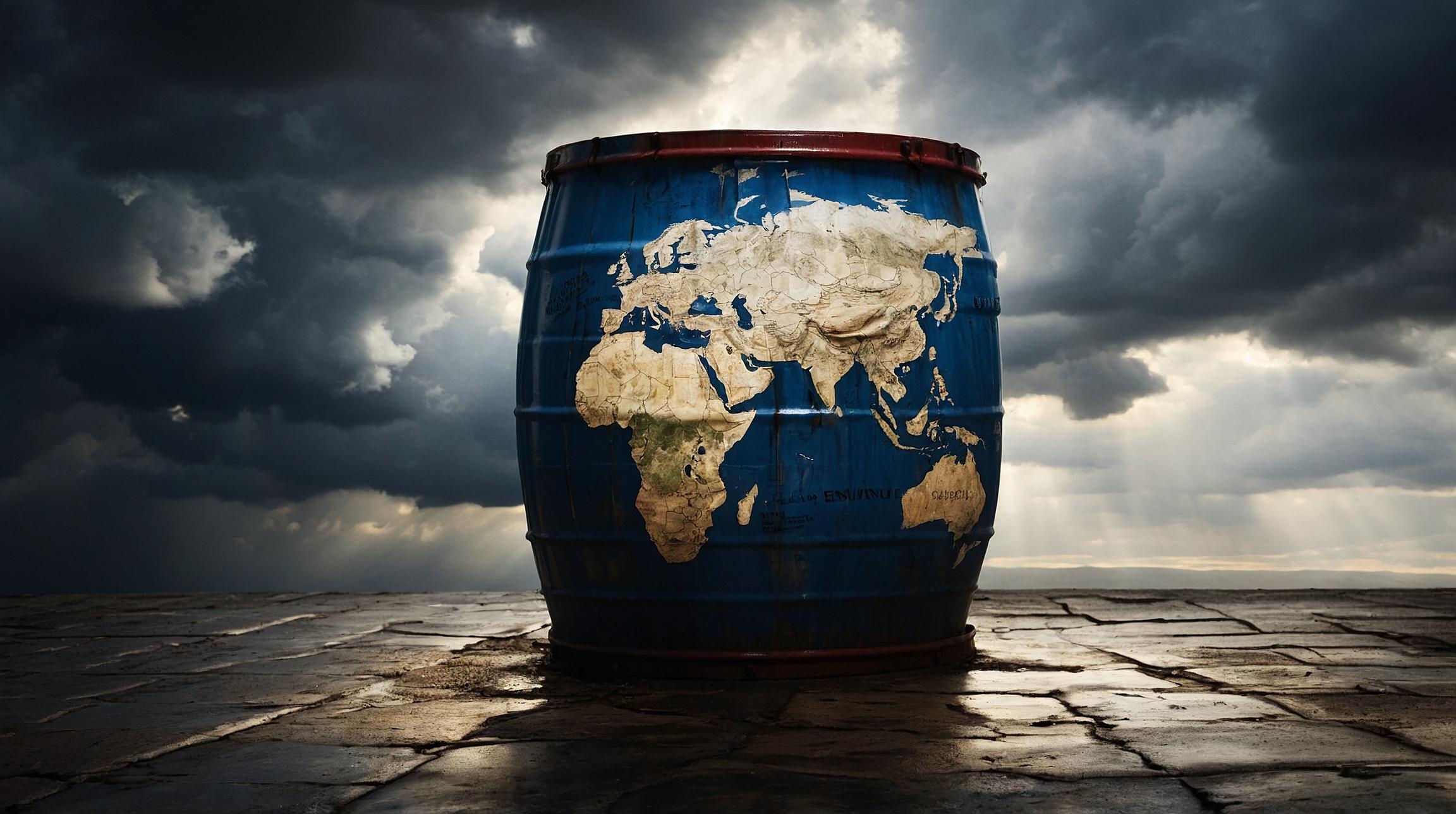Airbnb vs. Cruise Lines: Navigating the Future of Travel and Tourism
In the ever-evolving landscape of travel and tourism, two giants stand out for their unique offerings and business models: Airbnb, the pioneering home-sharing platform, and the traditional yet dynamic cruise line industry. As travelers increasingly seek personalized and unique experiences, the competition between these two sectors offers a fascinating glimpse into the future of travel. This article delves into a SWOT analysis (Strengths, Weaknesses, Opportunities, Threats) to understand the impact of Airbnb and cruise lines on the travel and tourism industry.
The Strengths That Set Them Apart
Airbnb has revolutionized the travel industry by offering a diverse array of accommodations, from city apartments to secluded cottages, catering to the growing demand for authentic and personalized travel experiences. Its digital platform seamlessly connects hosts with travelers, making it easier for users to find accommodations that fit their unique needs and preferences. The home-sharing giant boasts an expansive global presence, offering lodgings in more than 100,000 cities worldwide.
On the other hand, cruise lines offer unparalleled convenience by combining transportation, accommodation, and entertainment in one package. They appeal to travelers seeking hassle-free vacation options with their all-inclusive deals and the opportunity to explore multiple destinations in a single trip. The cruise industry has also been at the forefront of sustainability and innovation, investing in eco-friendly technologies and offering a variety of onboard experiences to attract a diverse clientele.
Navigating Challenges
Despite their strengths, both Airbnb and cruise lines face significant challenges. Airbnb grapples with regulatory hurdles in various cities, alongside concerns regarding safety and the impact on local housing markets. The platform's reliance on user-generated content and peer-to-peer interactions also poses risks related to quality control and customer satisfaction.
Cruise lines, for their part, have had to navigate the rough waters of public health crises, most notably the COVID-19 pandemic, which led to temporary industry shutdowns and heightened scrutiny of health and safety protocols. Environmental concerns and the carbon footprint of cruise ships also pose ongoing challenges for the industry.
Opportunities for Growth and Innovation
The future holds promising opportunities for both Airbnb and cruise lines. Airbnb can capitalize on the growing trend of workcation and long-term stays, tapping into a market of digital nomads and remote workers seeking flexibility and change of scenery. Further, expanding into experiences and adventures allows Airbnb to offer travelers a comprehensive travel package beyond just accommodations.
Cruise lines, meanwhile, have the opportunity to redefine cruising with a focus on sustainable tourism and small-ship luxury experiences. By offering unique itineraries to less-visited destinations and investing in green technologies, cruise lines can appeal to environmentally conscious travelers and those seeking intimate, bespoke travel experiences.
Threats on the Horizon
Both sectors must contend with external threats, including economic downturns and geopolitical tensions, which can significantly impact global travel patterns. For Airbnb, the intensifying competition from other short-term rental platforms and hotels adopting similar models poses a threat. Cruise lines must continuously address safety and environmental concerns to maintain their appeal and comply with regulatory standards.
Conclusion
The travel and tourism landscape is witnessing a fascinating duel between Airbnb and cruise lines, each with its unique strengths and challenges. By addressing their weaknesses and leveraging opportunities for innovation and sustainability, both sectors can navigate the uncertainties of the future and continue to thrive. As the world's appetite for travel evolves, so too will the offerings of Airbnb and cruise lines, ensuring that the spirit of exploration remains alive and well.













